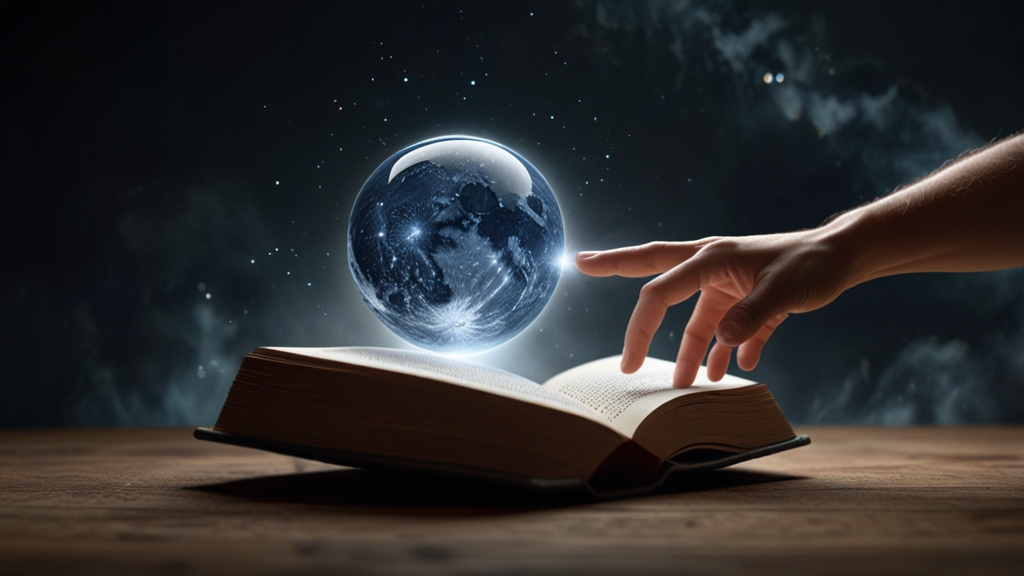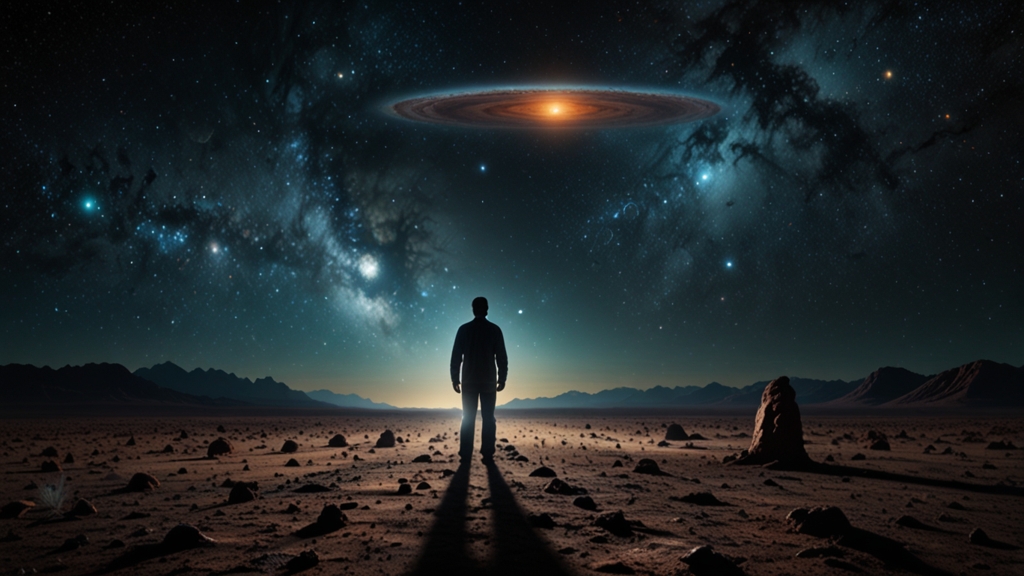Introduction
It's intriguing to consider how the trajectory of global history might have shifted if the world had been spared the colossal upheavals of the World Wars. These conflicts fundamentally altered geopolitical borders, economies, societies, and technological progress. Without them, the world would likely be a very different place. Let's explore some of the key areas where significant changes might have taken place.
Geopolitical Landscape
The World Wars drastically redrew national boundaries and created a new world order. If these wars had never occurred, the empires of Europe might have remained more intact. The Austro-Hungarian, Ottoman, and Russian Empires, for instance, collapsed as a direct result of World War I.
"The survival of these empires would have likely prevented the emergence of several independent nations and altered the political dynamics of regions such as the Balkans and the Middle East." - Historical Analyst
Furthermore, without World War II, the rise of the United States and the Soviet Union as superpowers may have been delayed or altered. This means the Cold War as we know it might never have happened, possibly leading to a very different global power dynamic.
Technological Advances
War has historically been a catalyst for technological innovation. World War I saw the advent of tanks, airplanes, and chemical weapons, while World War II led to radar, jet engines, and nuclear energy. Without these conflicts, the pace of technological advancement might have been slower.
"The necessity for new technologies to gain an edge in warfare accelerated innovations that subsequently found applications in civilian life, transforming industries and economies." - Technology Historian
The space race, a direct offshoot of Cold War rivalries, might not have happened in the same way. This could mean a delay in the milestones achieved in space exploration, potentially impacting satellite communications, global positioning systems (GPS), and our understanding of the universe.
Economic Impact
The World Wars had profound economic repercussions. Post-World War I, the Treaty of Versailles imposed heavy reparations on Germany, leading to economic turmoil and eventually, the rise of Adolf Hitler. Meanwhile, World War II ended with the Marshall Plan, which helped rebuild Europe and fostered a period of unprecedented economic growth.
Without these wars, the economic landscape would have been less volatile, potentially allowing for more stable growth. However, the absence of such catalyzing events could mean that economic practices like Keynesian economics, which were largely formulated during and after the Depression and World Wars, may not have gained the prominence they did.
Social and Cultural Shifts
The wars also brought significant social change. Women's roles in society were transformed as they entered the workforce in unprecedented numbers to fill the gaps left by men going to war. This shift was a major factor in the momentum towards gender equality.
"The two World Wars acted as a social leveler, bringing about significant changes in class structures and gender roles, as well as accelerating movements for civil rights." - Social Scientist
Additionally, the horrors of the Holocaust during World War II made the global community deeply aware of the dangers of unchecked hatred and bigotry, spurring movements for human rights and the establishment of bodies like the United Nations.
Conclusion
While it's impossible to know for certain what the world would be like without the World Wars, it's clear that their impact was profound and far-reaching. The geopolitical landscape, technological advances, economic conditions, and social structures were all deeply influenced by these global conflicts. A world without the World Wars would likely be more stable in some respects, yet lacking in some of the urgent innovations and social progress that arose from the chaos.
In essence, the World Wars, for all their devastation, acted as pivotal moments that reshaped the world in myriad ways. Imagining a world without them opens a fascinating window into how human history can be both fragile and resilient, forever shaped by the events that unfold across generations.







